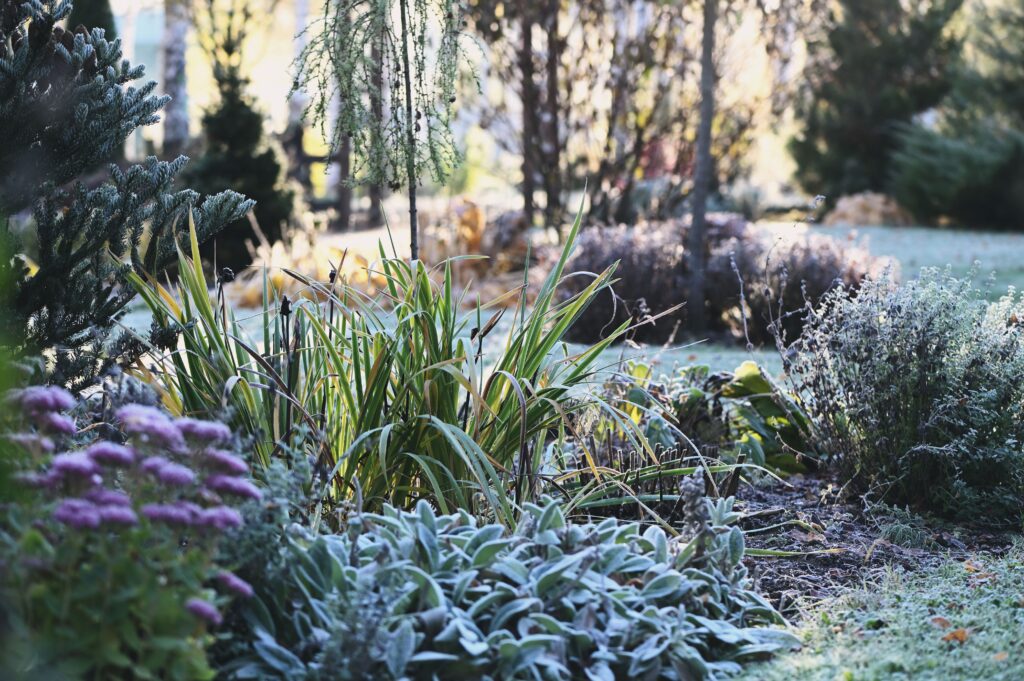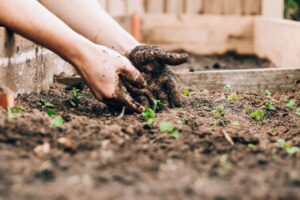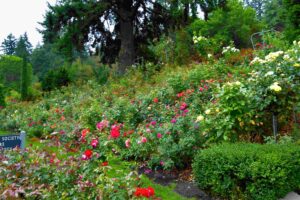January is a naturally quieter month for gardening, but there’s still plenty to do to prepare for spring and keep your garden happy and healthy. Here are some of our team’s suggestions:
General Maintenance Jobs
- Tidy up – give your garden a good tidy by clearing fallen leaves and debris, and removing any dead plants from beds, borders, and pathways.
- Compost management – if you’ve created your own compost pile give it a turn to aerate it, adding any green garden waste if you have it. If you need to boost your compost stocks order in bulk here.
Outdoor Jobs
- Prune trees and shrubs – remove dead, damaged or crossing branches, and prune apple and pear trees. It’s best to avoid pruning plum, cherry or apricot trees until later in the year, to prevent disease.
- Inspect for pests: have a scan of your plants for overwintering pests and remove them by hand where possible. Try inspecting buds for aphids or clearing slugs and snails as you see them.
- Plant bare-root plants: as the weather improves, trees, shrubs, roses and hedging can be planted if the ground isn’t frozen.
- Protect plants – check fleece or cloches over tender plants for damage and move pots of tender plants to sheltered spots, especially if there’s a threat of frost.
Lawn and Path Care
- Avoid walking on frozen lawns – this can damage the grass making it trickier to bring your lawn back to life later in the season.
- Clean hard surfaces – moss and algae on patios or paths can become slippery in winter, so jetwash or clean these areas.
Greenhouse and Indoor Tasks
- Sow seeds – one of the nicest jobs for the month is to choose what you plan to grow this year and start early crops, such as lettuce, onions, and broad beans, indoors. You can also sow hardy annuals for summer flowers.
- Ventilation – on mild days, ventilate your greenhouse to reduce humidity and prevent mould.
Wildlife Care
- Feed birds – encourage birdlife into your garden by providing fresh water and food including seeds, suet and mealworms. Don’t forget to clean feeders regularly to prevent disease.
- Create shelter – leave some areas undisturbed for hibernating insects and small animals. Add a log pile for beetles and other wildlife.
Planning
- Order seeds – start planning your summer vegetable and flower garden for the year.
- Sketch things out – get pencil to paper, or use your tablet or an app to give some vision to your garden; consider crop rotation and companion planting.
- Inspect bulbs and tubers – check stored bulbs and tubers for rot or disease.
Don’t forget to get your planting off to the best start with good quality compost. Order bulk bags direct to your home here.




